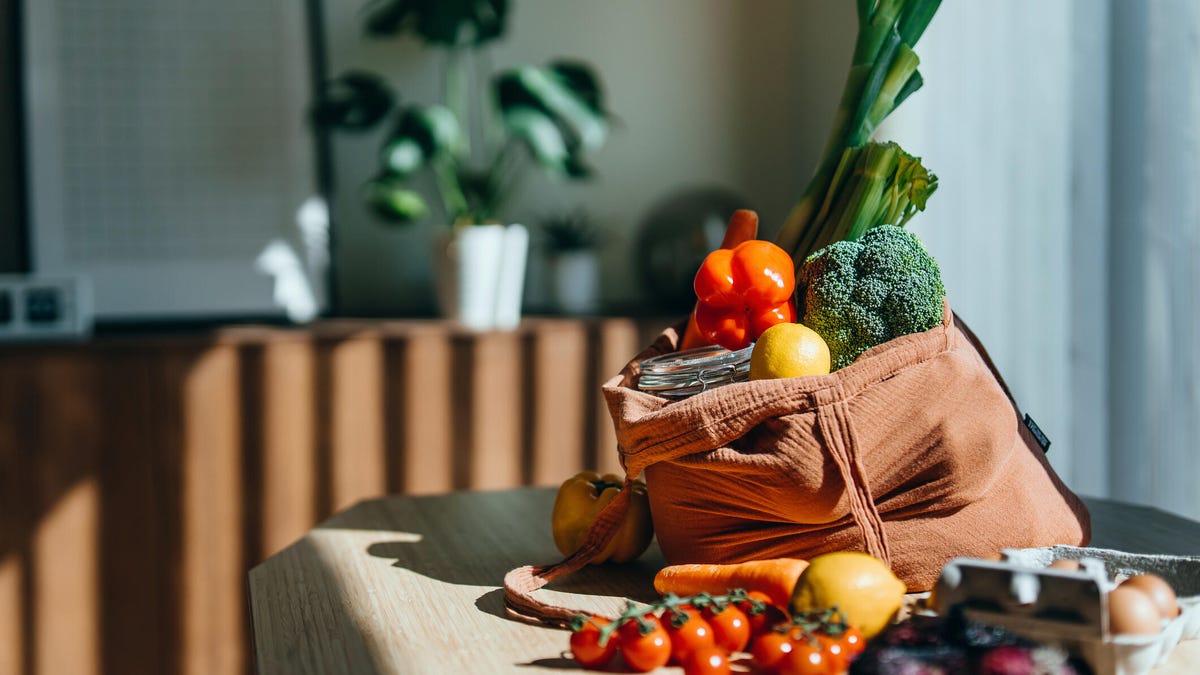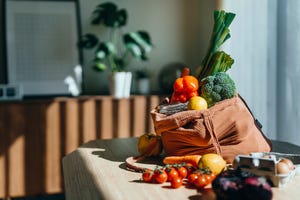Key Points
- ChatGPT generated a 7‑day dinner plan with basic recipes and ingredient lists.
- Recipes were easy to prepare but often required extra seasoning for flavor.
- The AI‑produced grocery list was categorized, speeding up shopping trips.
- Following the plan eliminated food waste for the test week.
- Using ChatGPT can save time on meal planning and promote disciplined grocery buying.

Overview of the ChatGPT Meal‑Planning Test
A user decided to evaluate whether the generative AI tool ChatGPT could replace the time‑consuming process of manually creating a weekly dinner plan. The goal was to produce a seven‑day menu that was quick, healthy, and suitable for two people, along with a shopping list grouped by category.
How the AI Generated the Menu
ChatGPT responded with a concise list of daily meals: lemon‑garlic chicken with roasted vegetables, beef stir‑fry with broccoli and rice, veggie tacos (later swapped for quesadillas), baked chicken with quinoa and spinach, pasta primavera, chicken‑and‑vegetable skewers, and turkey chili. For each dish it supplied a short ingredient list and basic cooking instructions. The AI omitted specific measurements and seasoning details, prompting the user to add salt, pepper, and other flavor enhancers during preparation.
Real‑World Cooking Experience
Each recipe proved straightforward to execute, typically requiring a single pan or baking sheet. The user noted that the meals were functional but often bland without supplemental seasonings. Adjustments included adding garlic, soy sauce, brown sugar, and fresh herbs to improve taste. Despite these tweaks, the overall cooking effort matched what would be expected from a manual plan—nothing overly complex, yet still satisfying for weekday dinners.
Grocery Shopping Benefits
ChatGPT also generated a categorized grocery list, which the user copied into a notes app and used to complete a rapid store visit. Grouping items by produce, pantry, and dairy helped streamline the shopping experience, cutting the time spent wandering aisles. The list’s simplicity reduced the likelihood of impulse buys or forgotten ingredients.
Impact on Food Waste
By following the AI‑crafted menu, the user reported zero food waste for the week. All purchased items were incorporated into meals or repurposed as leftovers, aligning with broader concerns about the $125‑monthly average food‑waste cost for American households. The experiment suggests that structured meal planning—whether AI‑generated or manually assembled—can help households buy only what they need, thereby reducing landfill contributions and greenhouse‑gas emissions associated with spoiled food.
Overall Assessment
The trial concluded that ChatGPT is a useful tool for generating quick, low‑effort meal ideas and shopping lists. While the AI does not yet provide detailed seasoning recommendations or precise measurements, its ability to produce a coherent weekly plan saves time and encourages disciplined grocery shopping. For users seeking customizable, health‑focused menus, asking follow‑up questions to refine recipes can bridge the gaps. In sum, ChatGPT offers a practical, low‑cost supplement to traditional meal‑prep planning, with the added benefit of helping reduce food waste.
Source: cnet.com
